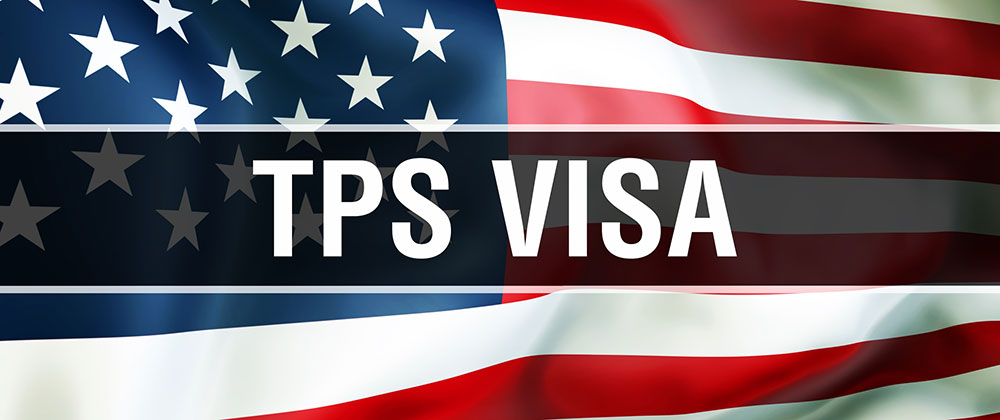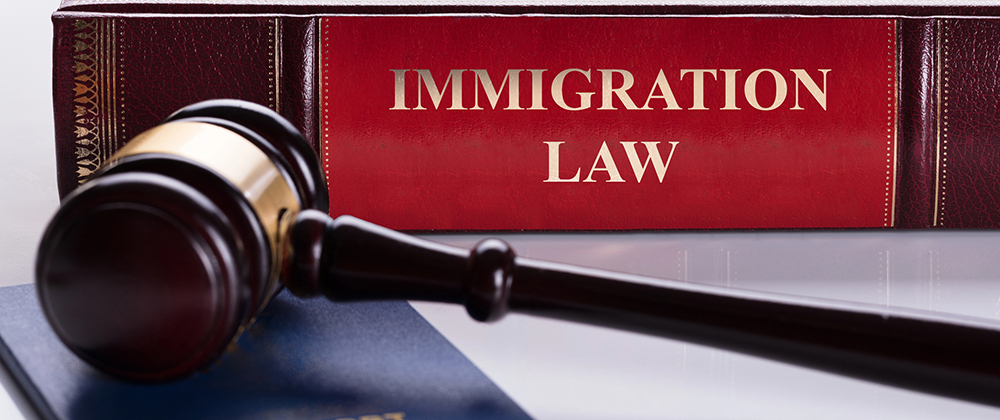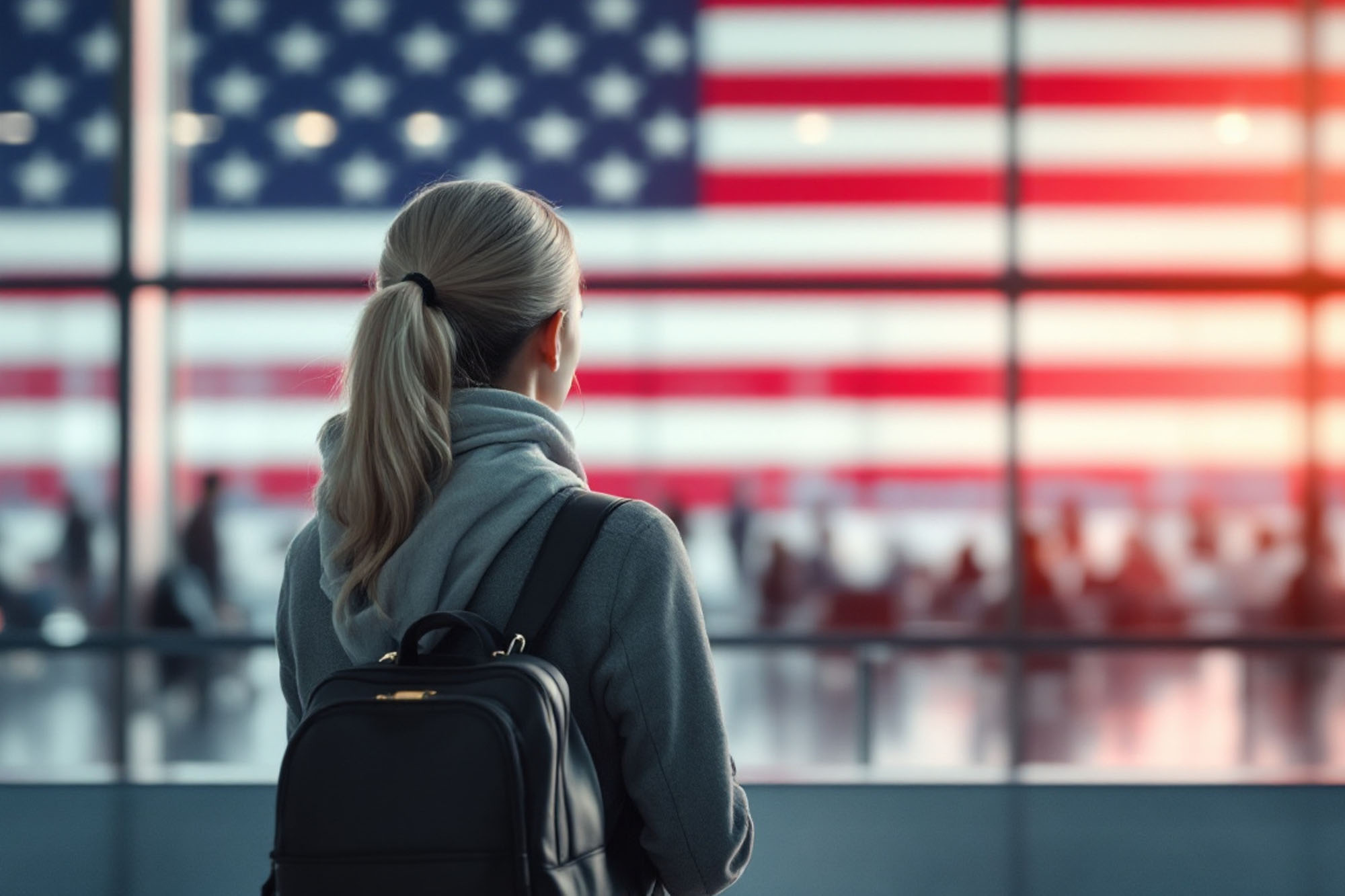A recent decision by the Supreme Court of the United States may affect thousands of people who are present in the U.S. under temporary protected status. Temporary protected status or TPS is granted by the government to people to allow them to remain in the U.S. temporarily when their home countries are unsafe because of natural disasters or war. At Oltarsh & Associates, a New York TPS lawyer helps people to apply for adjustments of status and immigrant visas to allow them to remain in the U.S. permanently. However, this new Supreme Court decision might make it more difficult for some people to get green cards when they are present in the U.S. on TPS status.
Supreme Court Decision on TPS Status and Eligibility for Green Cards
The case of Sanchez v. Mayorkas, No. 20-315, was argued in April 2021 and decided on June 7, 2021. The case was filed by Jose Sanchez and Sonia Gonzalez, a married couple who came from El Salvador and illegally entered the U.S. during the late 1990s. After entering the U.S., Sanchez and Gonzalez were both granted temporary protected status following a devastating earthquake in El Salvador that happened in 2001. They remained on TPS in the U.S. for the next 13 years before applying for lawful permanent residence in 2014. Their petitions for lawful permanent resident status were denied, and they filed a lawsuit.
The U.S. Court of Appeals for the Third Circuit issued a unanimous decision that Sanchez and Gonzalez’s petitions for lawful permanent resident status were rightly denied. The three-judge panel found that since the couple had entered the U.S. illegally, they were not eligible for green cards under U.S. immigration law. The judges pointed to a section of the law that states that immigrants must have been admitted to the country to be eligible for a green card. Since the couple was not legally admitted, the court found that they did not meet that requirement. The judges also found that TPS status is meant to be temporary and does not qualify as an admission.
The U.S. Supreme Court granted a writ of certiorari to hear the case. The Supreme Court justices unanimously affirmed the ruling of the Third Circuit, agreeing that TPS status does not qualify as an admission under the U.S. immigration laws.
Justice Elena Kagan wrote the opinion for the court. She wrote that two areas of the immigration laws operate separately, including a section that allows some individuals who have entered the U.S. lawfully to apply for green cards. This section states that immigrants must have been admitted, inspected, or paroled into the U.S. before they can apply for green cards. It also says that people who have unlawfully worked in the U.S. are only eligible to apply for green cards if their period of unlawful employment followed a lawful admission.
The second relevant section of the immigration laws identified by Justice Kagan is a section that allows immigrants inside of the U.S. to apply for temporary protected status. Under this section, immigrants from eligible countries can apply for TPS whether or not they entered the country lawfully.
After the U.S. government designates a country for TPS, its citizens may apply for temporary protected status from within the U.S. However, TPS is not permanent, and it does not eliminate the requirement of being lawfully admitted to the U.S. before applying for a green card. Immigrants who are from a designated country can apply for TPS status. If they entered lawfully, they can subsequently apply for lawful permanent resident status as long as they meet the other eligibility requirements.
Before the Supreme Court’s decision, there had been a split among the circuits about the eligibility of TPS beneficiaries who entered the country illegally to apply for lawful permanent resident status. The Sixth, Eighth, and Ninth Circuits had all ruled that TPS recipients could apply for green cards even if they had not been inspected before entry. By contrast, the Third, Fifth, and Eleventh Circuits ruled that TPS recipients who had not been inspected before entering the U.S. were not eligible to adjust their statuses to become lawful permanent residents.
What This Decision Means for People on TPS in the U.S.
The Supreme Court’s decision means that people who are present in the U.S. under TPS will not be eligible to apply for green cards if they originally entered the country illegally. This is true even though they might currently be lawfully present in the U.S. with temporary protected status. People who entered the U.S. lawfully and subsequently received temporary protected status can still apply for green cards if they meet the other eligibility requirements.
TPS recipients who originally entered the U.S. without being inspected will have to leave the U.S. to obtain a visa through a U.S. Consulate or Embassy. However, leaving the U.S. for a visa interview might trigger a bar to reentry for as long as 10 years for many TPS recipients.
As an alternative, some TPS holders might be eligible for a status adjustment to lawful permanent resident if they previously were granted advance parole to travel abroad and were subsequently paroled back into the U.S. since that would count as an inspection and lawful admission. A New York immigration lawyer at Oltarsh & Associates can review your case and explain the options that might be available to you.
When a TPS designation ends, people who were TPS recipients will revert back to the immigration statuses they previously had before they were granted TPS unless they have successfully adjusted their statuses. If a person was undocumented before receiving TPS, he or she will return to being undocumented and could be placed in removal proceedings.
Consult a New York TPS Lawyer
If you are present in the U.S. under TPS status and want to adjust your status, you should talk to an experienced New York immigration lawyer at Oltarsh & Associates. Our attorneys can talk to you about different visas and your eligibility for them. Contact us today by calling 212-944-9420.





